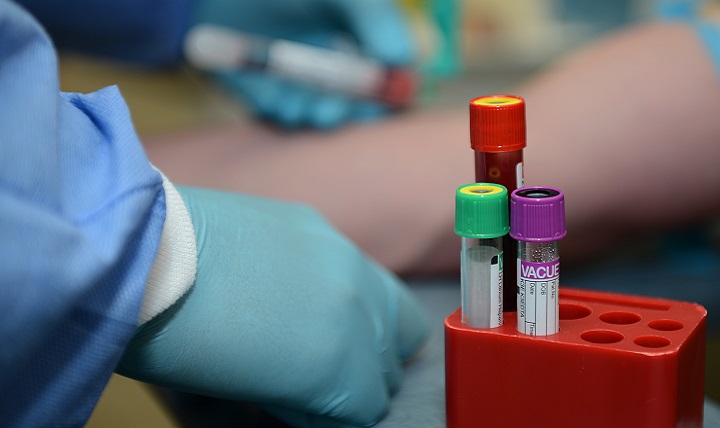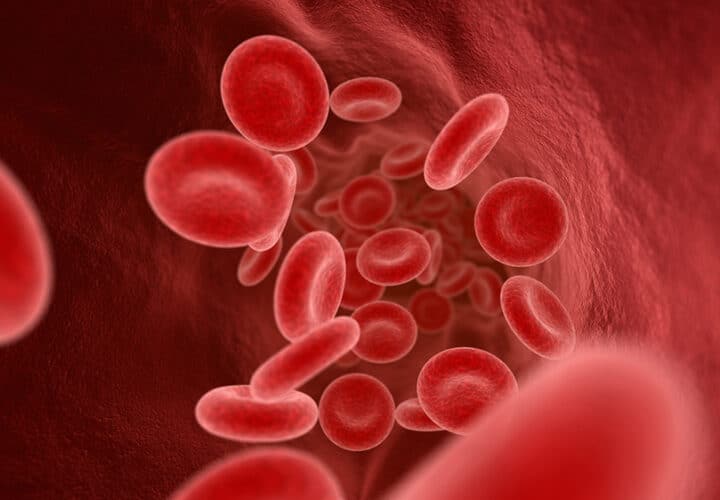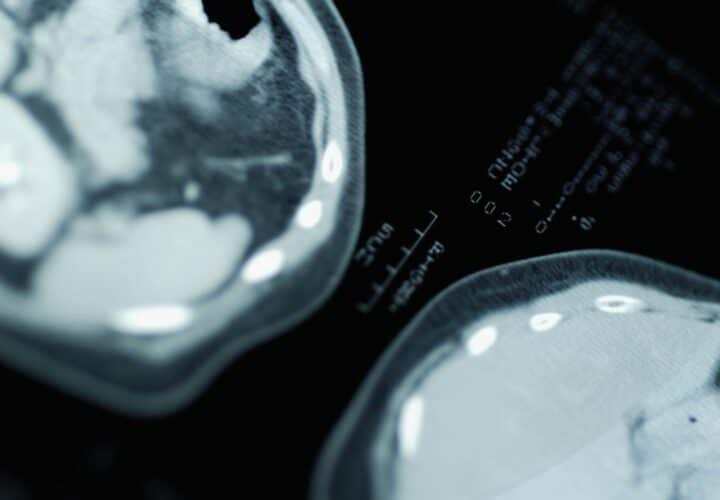Researchers have found more evidence that Alzheimer’s may be detected through a simple blood test. The latest study published in Alzheimer’s & Dementia: The Journal of the Alzheimer’s Association, identified a fatty molecule associated with sleep that was higher in research participants with beta-amyloid in the brain, a beginning hallmark of Alzheimer’s disease. The amyloid peptide later forms plaques in the brain that leads to deterioration of nerve cells. Scanning studies have shown that plaques accumulate in the brain decades before symptoms of memory loss.
Researchers have not yet made the direct link between the fatty molecules and amyloid but found that fatty acid compounds increased in line with beta-amyloid plaque in the brain. They also found that these same molecules were associated with brain atrophy and memory loss.
[Read: The Shrinking Brain: How Much Can We Tell From a Scan?]
The connection between sleep and Alzheimer’s
Lead author, Dr Cristina Legido-Quigley from King’s College London said: “This is the first study in which lipid molecules produced in the brain are found in the blood, as amyloid deposition increases in Alzheimer’s Disease. These fatty amides are known to be neuroprotective and to induce sleep. There is also evidence that amyloid accumulates in the brain with lack of sleep, so these molecules may be playing a role in clearing up toxic amyloid in the brain.
The study analyzed 593 plasma samples selected from the European Medical Information Framework for Alzheimer’s Disease Multimodal Biomarker Discovery study, of individuals who were cognitively healthy, had mild cognitive impairment, or had Alzheimer’s disease.
Blood tests to detect Alzheimer’s: what other studies have found
Other recent research studies focused on detecting Alzheimer’s through blood testing have shown promising results. Scientists in Germany found the presence of a specific protein in the blood could detect Alzheimer’s up to a decade before memory loss appears.
Another team at Brigham and Women’s Hospital in Boston have devised a blood test to measure a patient’s level of tau, a key protein that accumulates in the brain in Alzheimer’s disease.
Scientists in Japan and Australia have also shown that a simple blood test could be the only thing we need to detect who may go on to develop Alzheimer’s disease. Researchers were able to develop a blood test that can measure beta-amyloid in a person’s brain with 90 percent accuracy.
Researchers are on the hunt for a blood test to detect Alzheimer’s disease because a lower-cost way of detection could allow doctors to more easily pinpoint who is more likely to develop Alzheimer’s. Identifying at-risk candidates early could mean more people potentially access clinical trials at an earlier stage and that could eventually lead to a treatment, sooner.
[Read Next: A Vaccine for Alzheimer’s Shows Promise in Human Trial]



